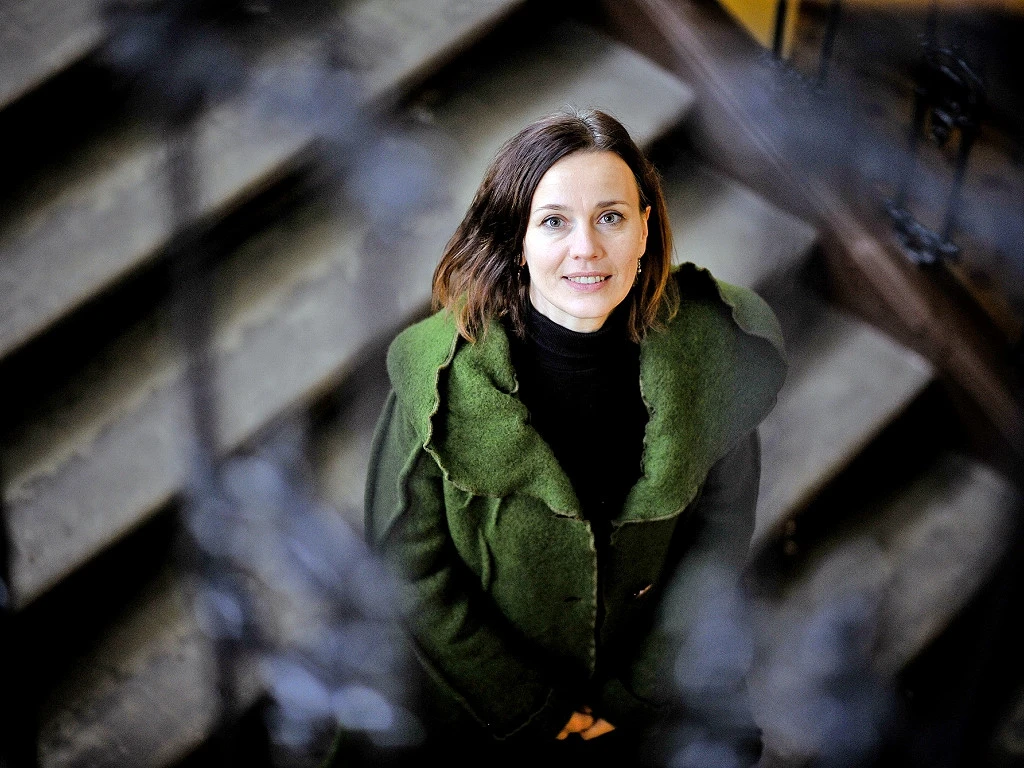
background
Born in Riga, Latvia, Gundega Šmite graduated from the composition department of the Jāzeps Vītols Latvian Academy of Music. She has participated in workshops with renowned composers such as Salvatore Sciarrino, Fabio Nieder, Philippe Hurel, Oscar Strasnoy and Unsuk Chin. Since 2007, she has taught at the Latvian Music Academy and held various leadership positions with the Latvian Composers’ Union. Her works have received awards, including the Grand Music Award for new composition of the year. She currently lives in Thessaloniki, Greece. Her compositions have been performed worldwide at renowned festivals such as Klangspuren Schwaz for New Music and Baltic Sea Festival.
About the composition
Šmite: “Light has fascinated me since I became a composer. Light, as a physical substance, philosophical idea, source of life, and symbol of hope and renewal, is a never-ending source of inspiration.” Šmite composed Light seeking light in response to five lines from William Shakespeare’s play Love’s Labour’s Lost. In Shakespeare’s play, these lines are expressed humorously. A person who looks too hard for the light of truth will only be blinded by it. Šmite believes that a humorous way of expressing wise things does not detract from the depth of the content: “in my composition, I tried to illuminate it through different layers of choral sound.” “More important than finding the light of truth is the process of seeking this light.
It can be a lifelong journey in which you find light and at the same time lose it again or see it much further away-light seeking light,” agrees Šmite.









